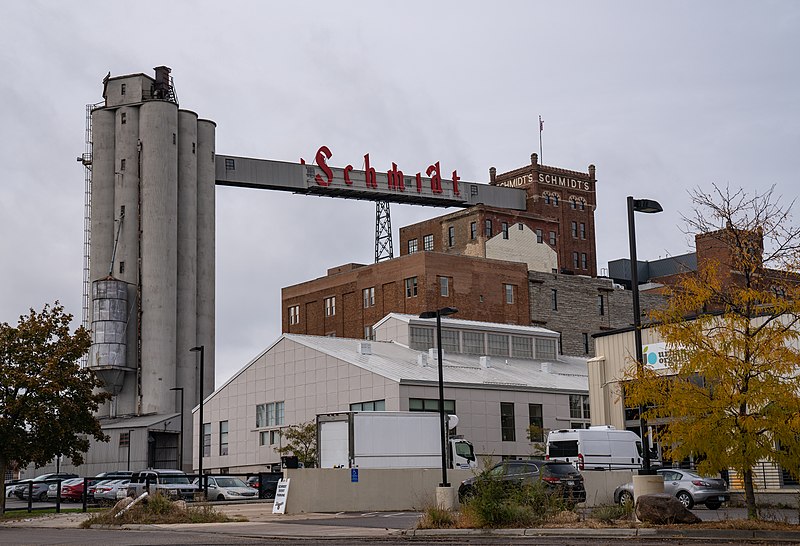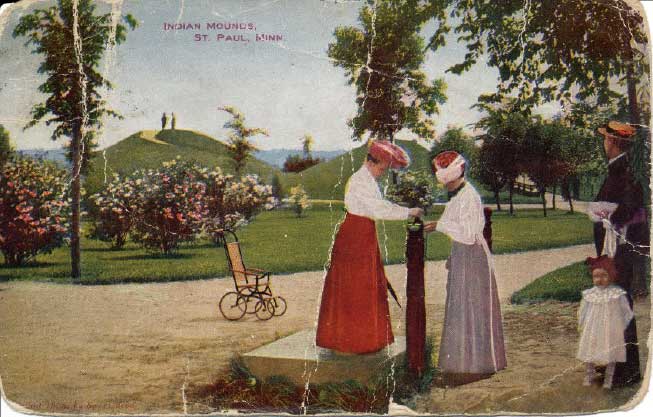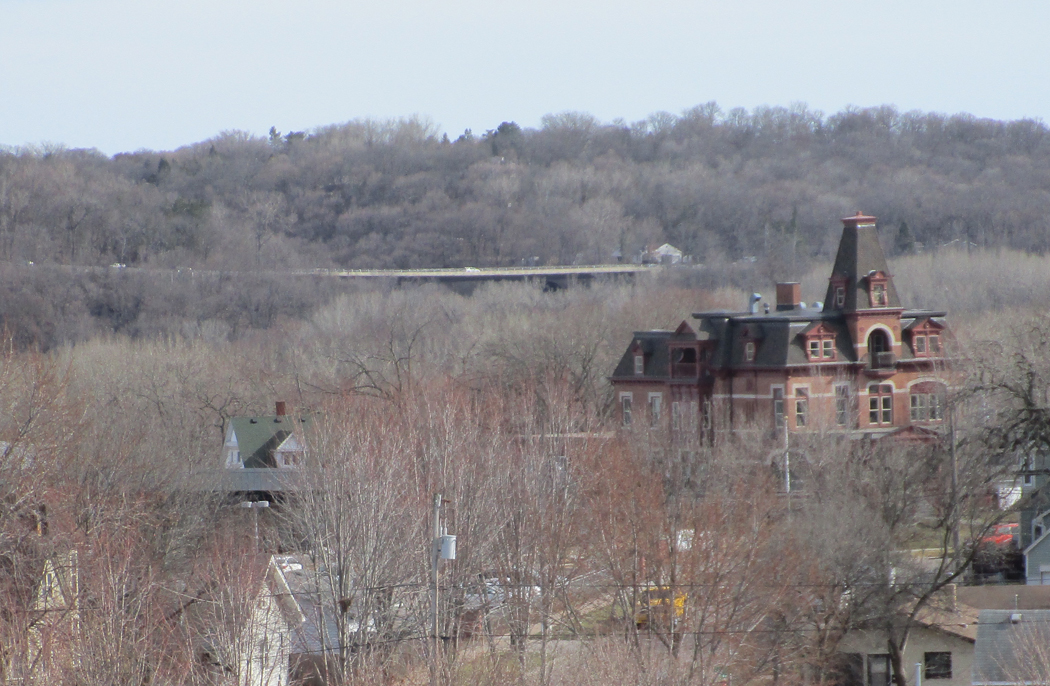Soul of a City
Tim Johnson
columnist
The Children dancing to the sound emanating from the stage likely knew nothing of the brick buildings which housed the sponsors of the music they enjoyed. All the children knew or at the very least cared about was that the grassy space beneath their feet provided a place for them to run, jump, spin and shake with joyful abandon.
The music came courtesy of Keg and Case, the West 7th Street marketplace that once was home to the Schmidt Brewery, whose name still stands proudly over the constellation of buildings comprising the marketplace as well as the Schmidt Artist Lofts. At an earlier time, the buildings were all filled with the sights, sounds, smells and activities of the brewing process. Now the brewing that does take place is done by Clutch Brewing, one of a constellation of micro-breweries populating the landscape in the Twin Cities area.
The sturdy brick buildings that once housed Schmidt Brewery leave the comforting feeling of stability. In a time so filled with rapid change it is reassuring to have places that stand the test of time and whose very presence communicates dependability. The daily news is often more than a little unsettling. Fires, floods, droughts, bad air, the climate changing consequences all the result of our human footprint are inescapable. While glaciers literally melt, the creation of a racially just world and equitable communities moves at a glacial pace, generating the constant friction necessitated by justice. It is soothing to look up at the night sky and see the Schmidt Brewery name locating us in a place that is familiar.
Yet, this spot that was once home to Schmidt Brewery has itself been the location of considerable transformation. Once the sole land of the Dakota people, it began its brewing enterprise in 1855 under the auspices of Cave Brewery, becoming in succession St. Paul Brewing, Schmidt Brewing, the Minnesota Brewing Company (a can of Landmark beer still sits proudly in our fridge), Gopher State (ethanol) and finally Keg and Case. Along the way Schmidt Brewery, which had the longest run, creatively survived Prohibition by making non-alcoholic beverages.
As it turns out, change and transformation is the one constant we have in life. This, no doubt, is why we sometimes speak of a city as if it were a human being, referring to the soul of a city, the spirit of a city. This language exists because we recognize a city is much more than a massive gathering of individuals and clusters of buildings. The soul of a city is evidenced, created and shaped in all those common spaces where people come together and share in life: parks, sidewalks, bike paths, plazas, community centers and marketplaces. It is because the city has a soul, a spirit that it is can embrace the change of new populations and new cultures that ultimately help it thrive. It is because the city has a spirit that conflicts over transportation, policing, education and a host of issues have the potential for creative resolution rather than be the source of unending strife.
On a green space, home of the former Schmidt Brewery, children danced to the music. Community was being created. Its creation was and is the soul of the city.
Tim Johnson is a retired pastor of the United Church of Christ.




